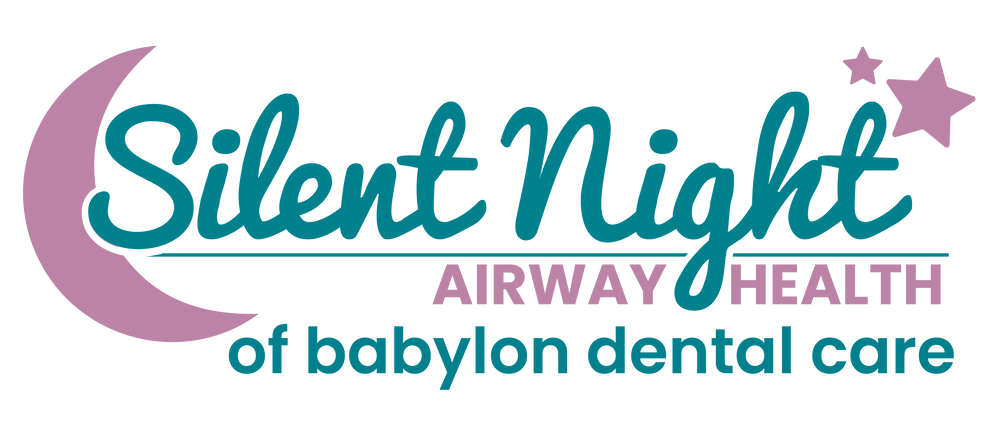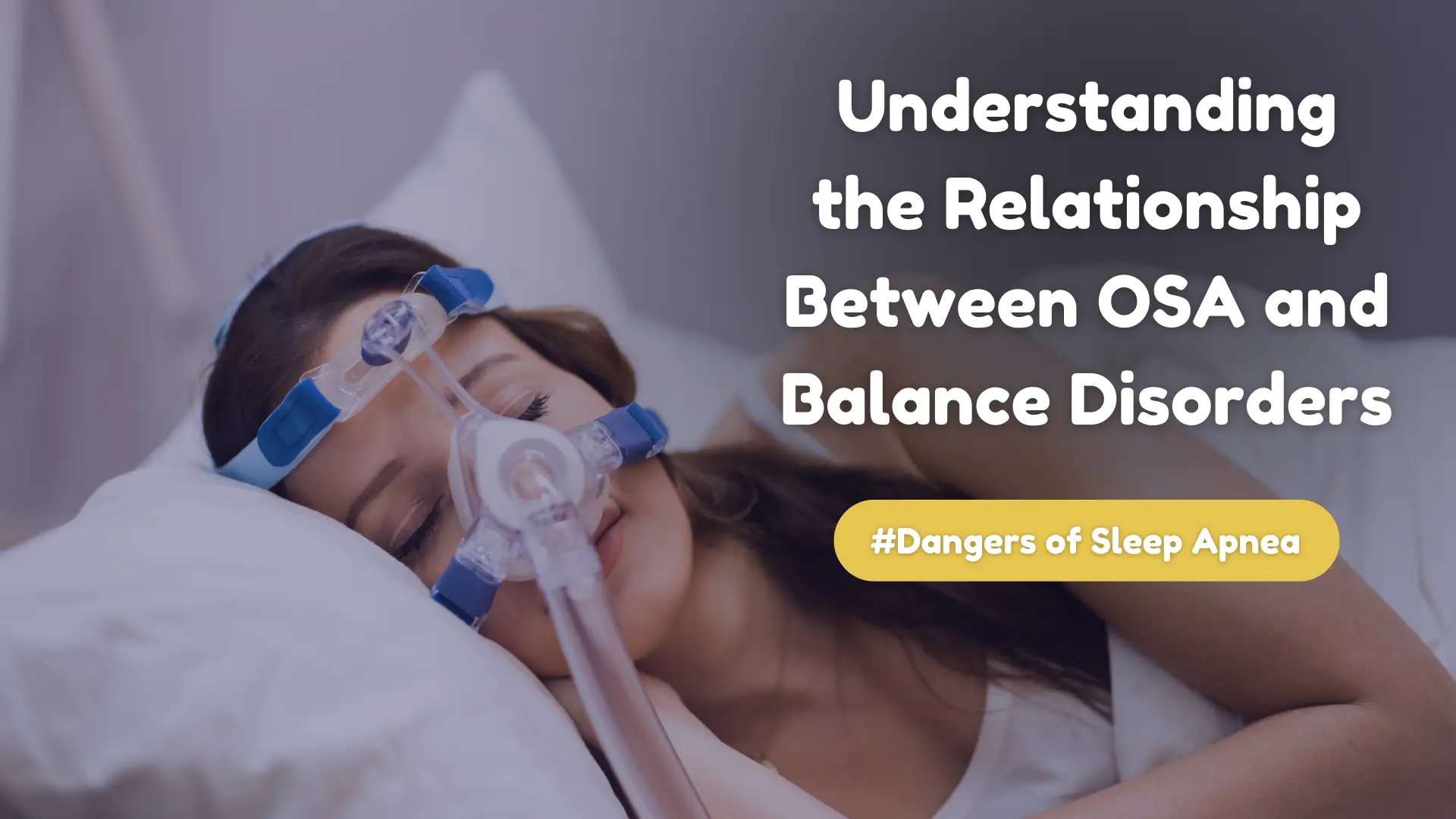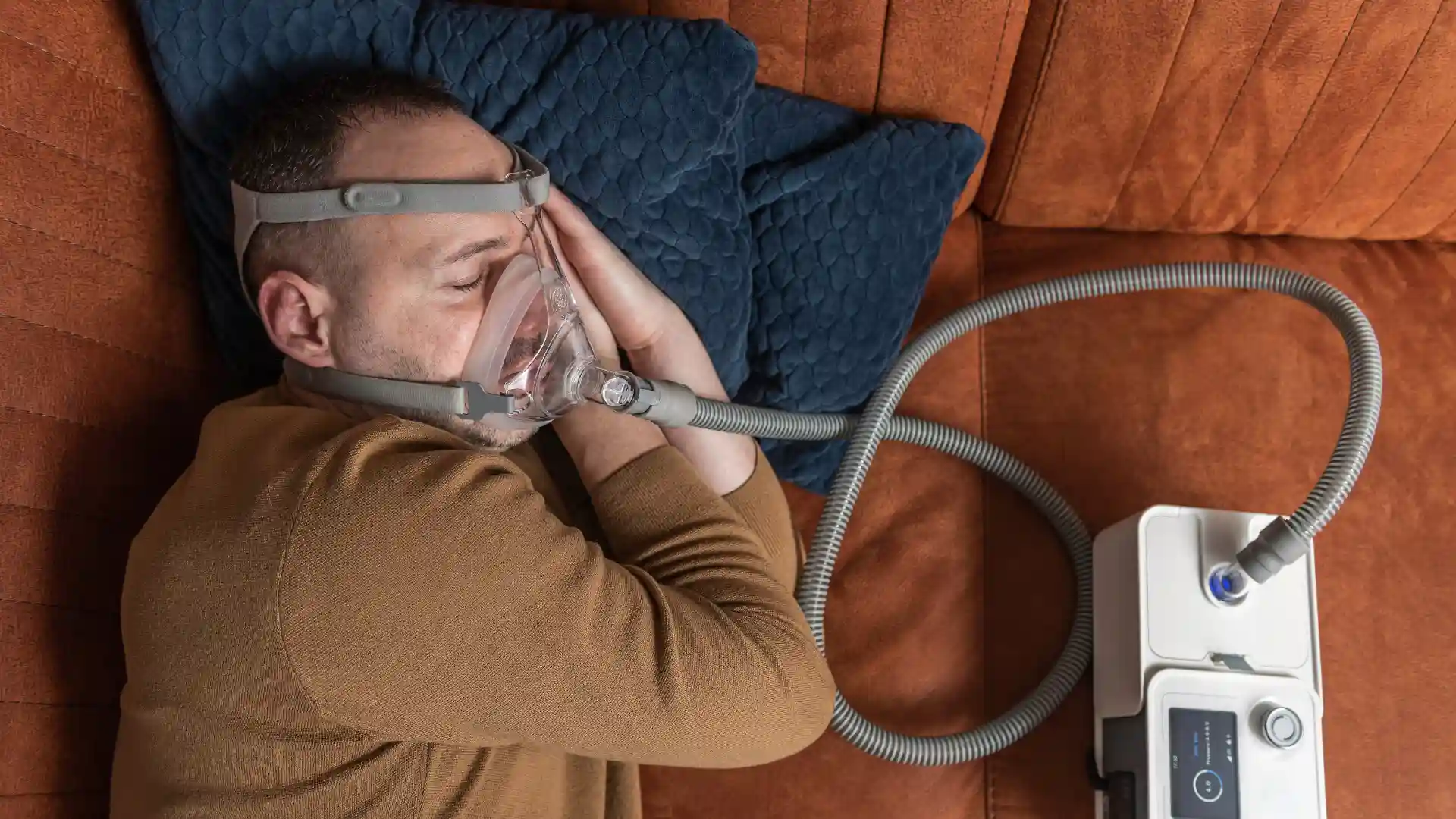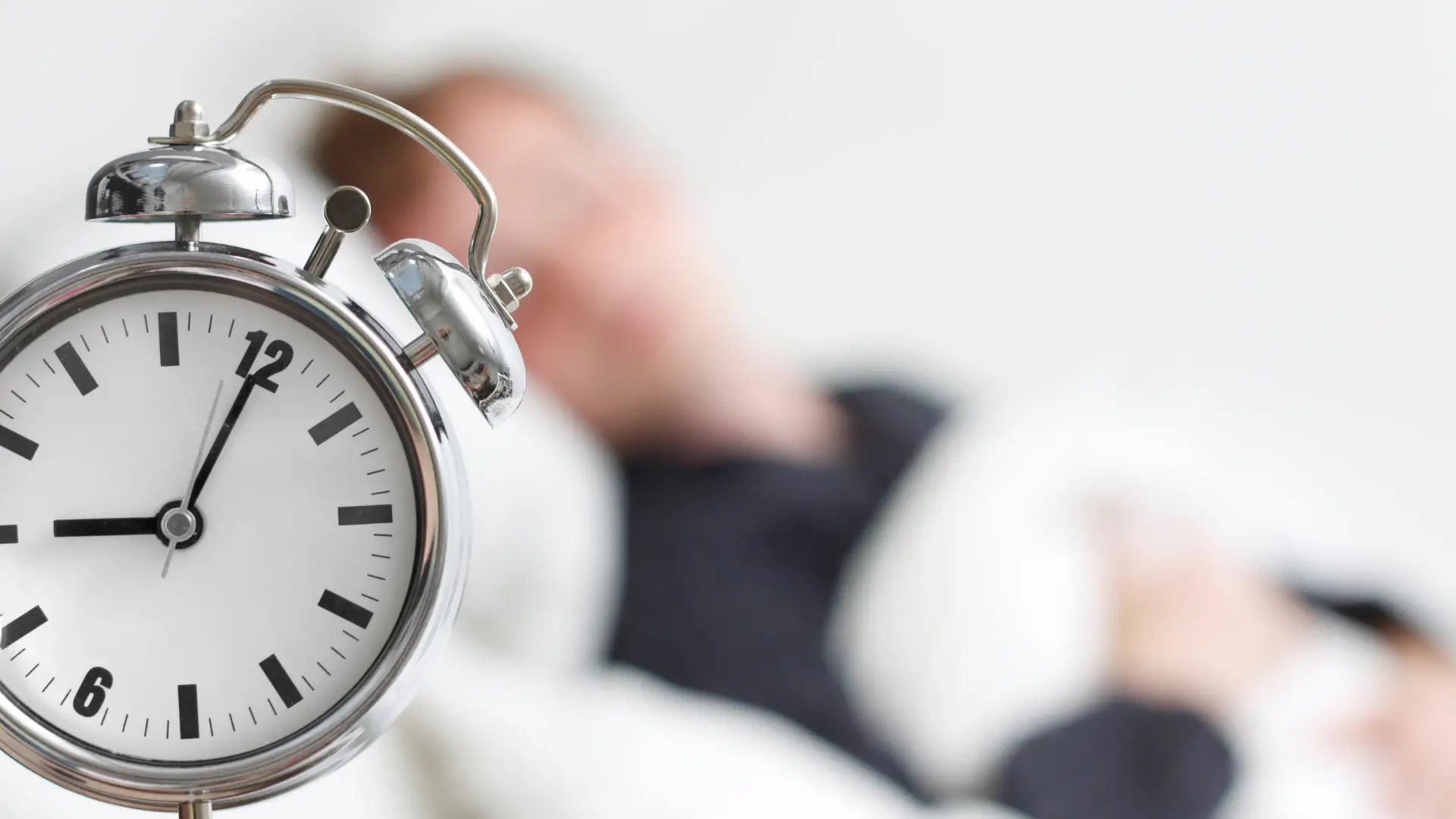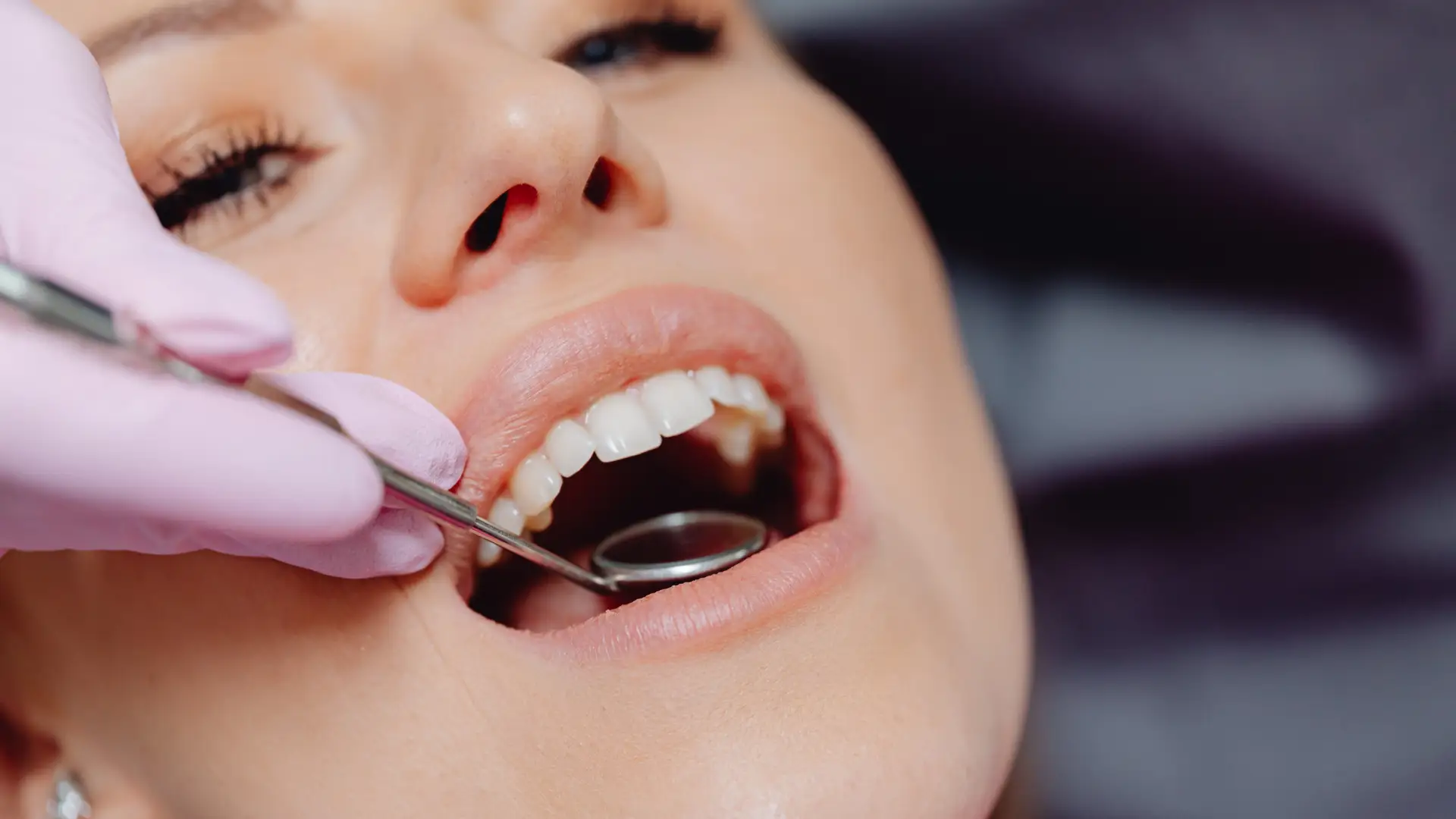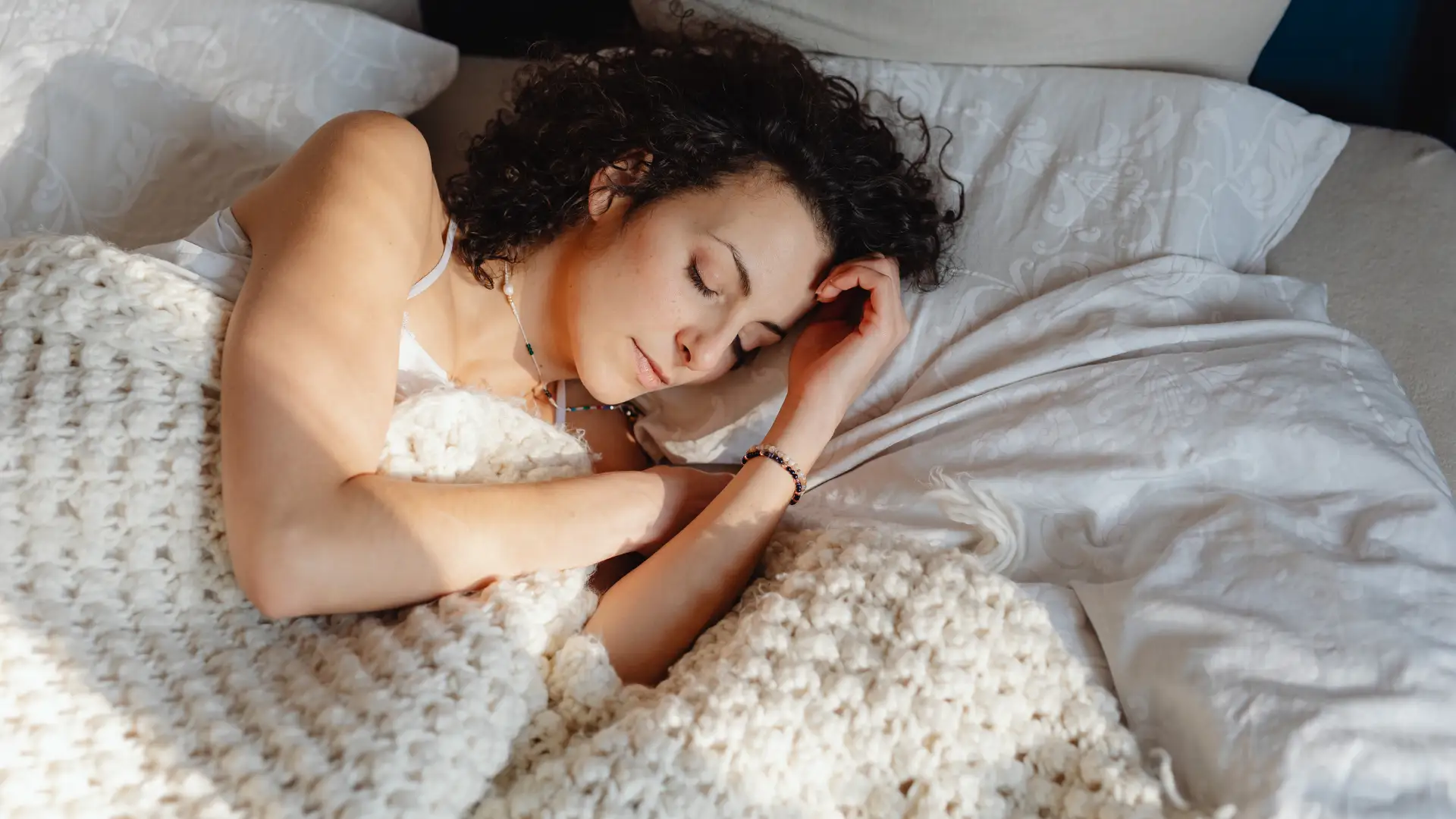Understanding the Relationship Between OSA and Balance Disorders
Posted By:
July 1, 2025
9:00 AM
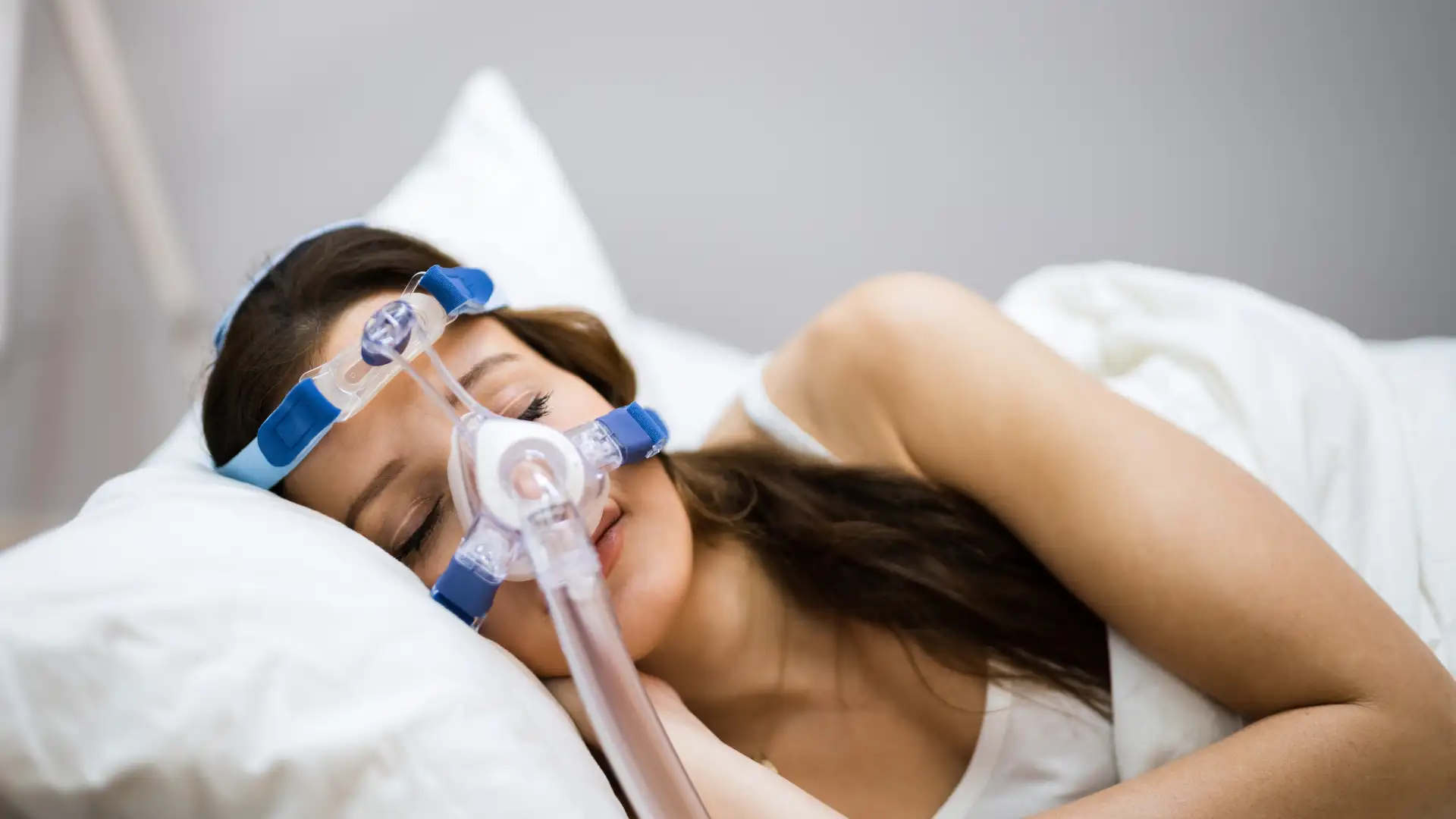
Obstructive sleep apnea is well-known for causing loud snoring, daytime fatigue, and disrupted sleep, but its effects don’t stop there. Untreated sleep disorders can cause a wide range of physical and mental health complications. One lesser-known complication of OSA is balance disorders that can affect a person’s balance, gait, and coordination, raising concerns about fall risks and overall mobility.
Sleep is essential for brain function, including the systems responsible for coordination, spatial awareness, and postural control. By understanding the link between obstructive sleep apnea and balance disorders, you can take the first steps toward helping to prevent potentially dangerous falls caused by dizziness and vertigo.
The Link Between Obstructive Sleep Apnea and Balance Disorders
Obstructive sleep apnea is characterized by disruptions to normal breathing during sleep. OSA occurs when the soft tissues in the throat, tongue, or soft palate block the upper airway during sleep. Individuals with sleep apnea can repeatedly stop and start breathing throughout the night and may snore or wake up the following morning feeling fatigued and irritable.
When breathing is repeatedly interrupted at night, it can lead to oxygen deprivation, fragmented sleep, and damage to the nervous system. Over time, this may contribute to vestibular dysfunction, increasing the likelihood of balance issues and instability. Studies suggest that nocturnal hypoxemia, or low levels of oxygen in the blood during sleep, caused by OSA, can start to impact numerous physiological functions vital for helping the body maintain balance and special orientation.
The vestibular system is a sensory system that helps detect the position and movement of the head in space. It allows for the coordination of eye movements, posture, and balance. The vestibular apparatus is in the inner ear. Although studies have not pinpointed how low oxygen levels affect the vestibular system, it is hypothesized that nocturnal hypoxia caused by OSA disrupts vital physiological functions and causes those with OSA to have worse balance and gait than those without OSA. Research also shows that those with OSA and balance issues are at an increased risk of suffering potentially dangerous falls.
Additional research indicates a potential link between OSA and an inner ear condition called Ménière’s disease. Ménière’s disease is a disorder of the inner ear that causes vertigo, dizziness, tinnitus, and hearing loss. The official cause of Ménière’s disease is not known, but one study found that up to 15 percent of patients diagnosed with the condition also have concomitant OSA.
Sleep Apnea-Related Vestibular Symptoms
When obstructive sleep apnea and low blood oxygen levels disrupt the vestibular system, troubling symptoms can occur that may not immediately seem connected to sleep apnea. Some of the most common vestibular-related symptoms people with sleep apnea may experience include:
- Dizziness
- Lightheadedness
- Disorientation
- Vertigo or the feeling of spinning
- Poor balance
- Coordination or mobility issues
- Difficulty walking or changes in gait
- Falls
Vestibular symptoms and sleep apnea can significantly impact the quality of life and increase the risk of injuries from falls, car accidents, or other incidents. Recognizing the connection between sleep apnea and these issues is key to getting proper treatment for your sleep disorder and any related balance problems.
The Impact of OSA Treatment on Vestibular Health
For individuals with obstructive sleep apnea who also experience dizziness, vertigo, or balance issues, treating the underlying sleep disorder may do more than improve sleep quality. It could also support vestibular function and overall stability, improving balance, gait, and coordination.
Continuous positive airway pressure therapy is one OSA treatment option that can help. It combats nocturnal hypoxia and improve blood oxygen levels during sleep. A CPAP machine provides an individual with a constant oxygen supply throughout the night via a mask that fits over their nose, mouth, or both. A tube connects the mask to the CPAP machine, whose motor blows air into the tube throughout the night, opening a person’s airway and providing constant oxygen flow. However, there is still limited research into CPAP therapy and long-term improvement of vestibular health. Alternative, less-intrusive options—like oral appliances—might offer similar benefits without the discomfort or hassle. Be sure to consult with an experienced treatment provider about whether an oral appliance might be right for you
Sleep Apnea Help Is Available
Improving the quality of your sleep can help improve nearly every other aspect of your physical and mental well-being. At Silent Night Therapy, our team of sleep specialists wants to help you uncover the source of your sleep issues and find solutions that can lead to more restful nights and more productive days.
Contact us online or call (631) 983-2463 to schedule a complimentary sleep consultation.
Related Posts:
